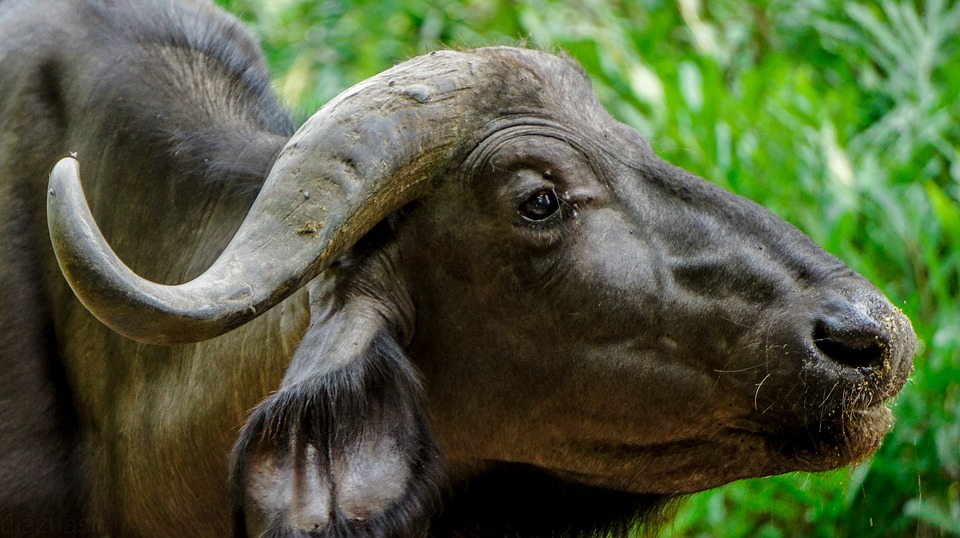An international team of researchers led by the University of Adelaide has published the full genome of the water buffalo opening the way for improved breeding and conservation of this economically important animal.
The consortium of partners in Australia, Italy, China, Brazil, and the USA, with additional contributors in other countries, say they have now created the tools needed to apply modern molecular breeding systems to water buffalo.
Water buffaloes were domesticated about 5000 years ago, and since then have been of economic importance for milk, meat and as a work animal around the world.
They are particularly important in developing countries and, in specialised markets, they provide milk for products such as mozzarella cheese in Italy. The water buffalo is a key agricultural animal because it is able to adapt to diverse environments, and is particularly tolerant of disease.
There are two subspecies of water buffalo. The researchers sequenced the genome of the River buffalo, which have been selected for milk production through organised breeding programs in Italy, India, the Philippines and Brazil. The buffalo genome has been published in the journal GigaScience.
